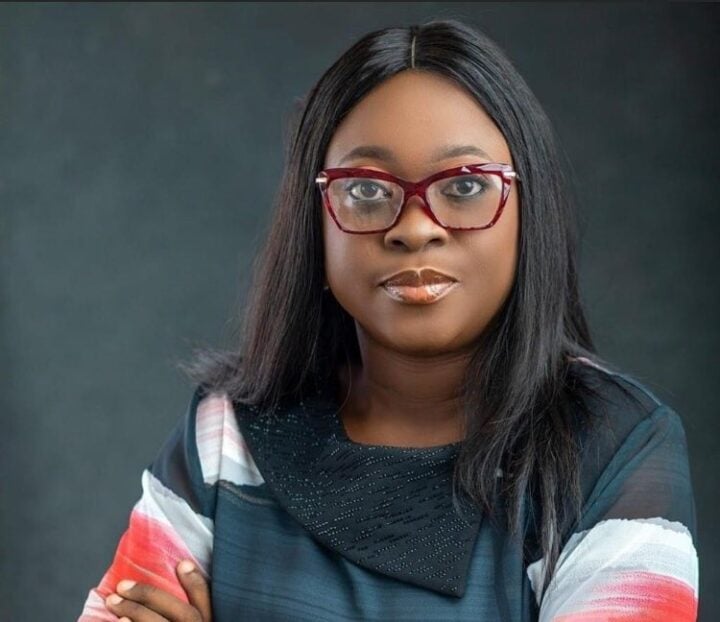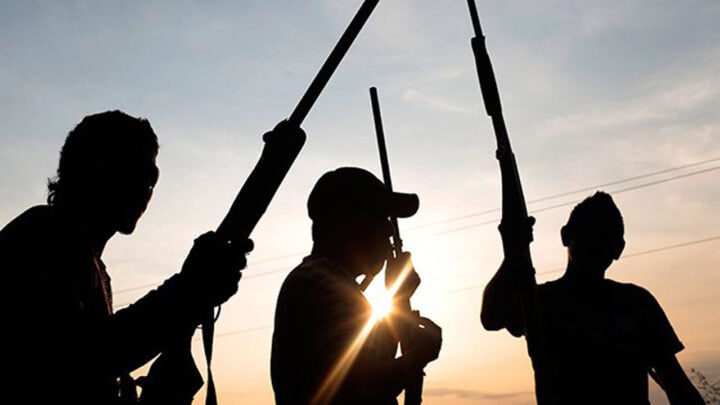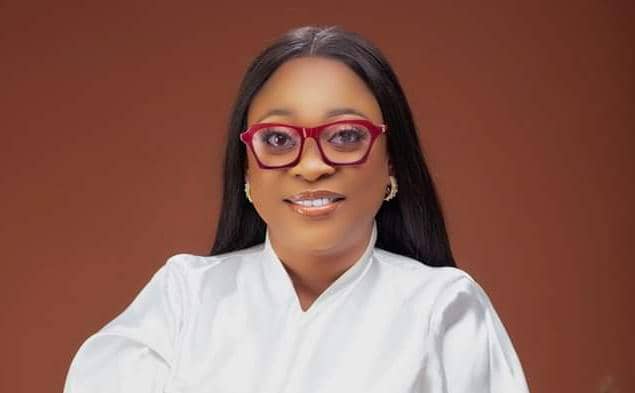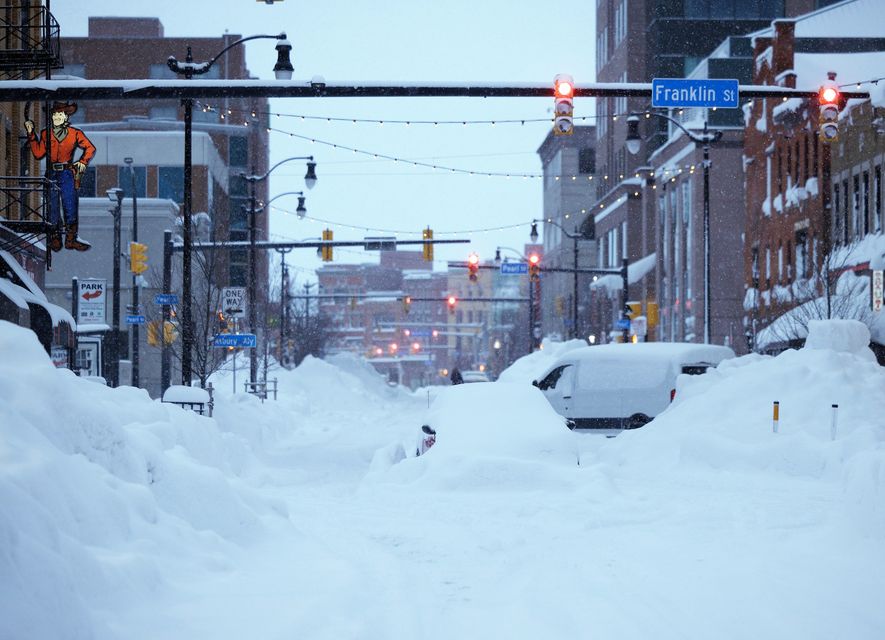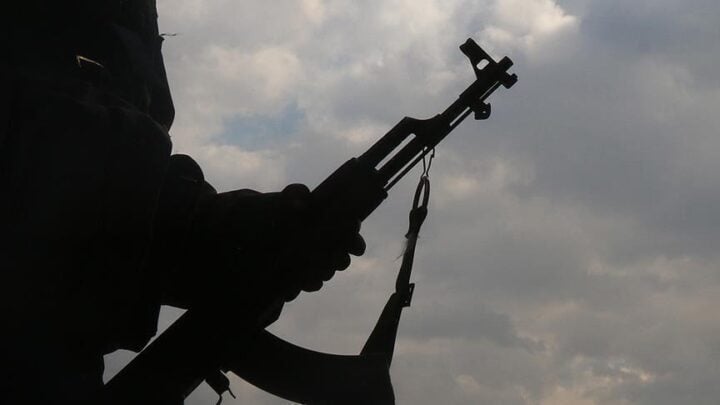For decades, Nigeria has been battling insecurity with the proliferation of criminal gangs terrorising some communities. Last year, the house of representatives organised a national security summit and generated solutions to tackling the nation’s insecurity, and the recommendation was transmitted to President Muhammadu Buhari for implementation.
In this interview with TheCable’s SAMUEL AKPAN, Adejoro Adeogun, a lawmaker representing Akoko south-east/Akoko south-west of Ondo state in the house of representatives and the deputy chairman of the committee on national security and intelligence, gives insight on why the police and the military need more funding to expand their operations nationwide, and what should be done to enhance synergy among security agencies.
TheCable: In 2020, the house of representatives set up an ad hoc committee to probe the status of recovered loot, moveable and immovable assets from 2002 to 2020. What is the status of the committee?
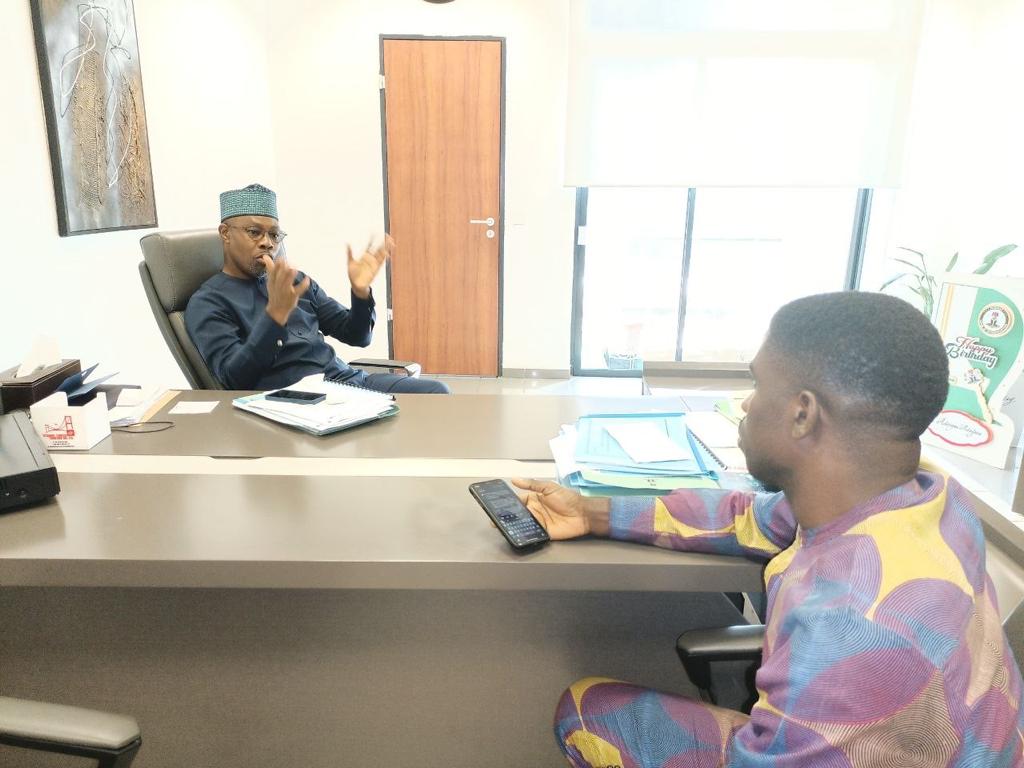
Advertisement
Adeogun: When the national assembly sets up a committee, they are given a specific duration. When we started, we were given a certain number of weeks but we later sought an extension, and it was granted. We have written an interim report which has been submitted to the house. We spoke with a number of agencies, and the outcomes of what we did have led to some recoveries, especially from a few banking institutions. Some paid back what they owed.
The probe contributed to what happened to the former accountant-general of the federation. Part of the investigation opened the eyes of Nigerians to the inefficiency in that office. So, there are a lot of things that we have done. We hired consultants and others to help with the forensic audit of all the agencies that we investigated. We are hoping to submit the final report back to the house in a couple of weeks.
TheCable: How much was recovered?
Advertisement
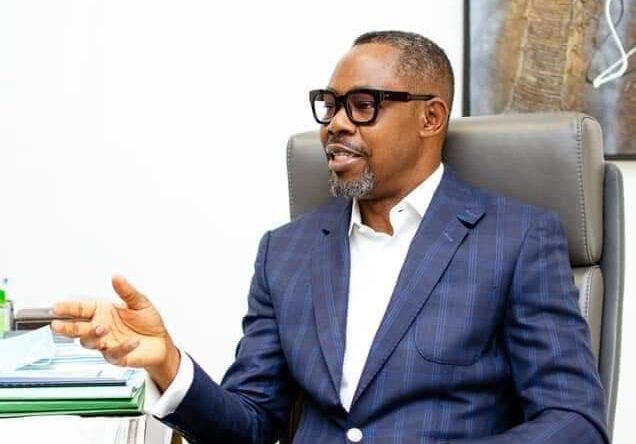
Adeogun: You have to remember that some recoveries are not in cash. We have cash recoveries, asset recoveries, movable assets and immovable assets. You are aware that some of the agencies that were holding assets are presently advertising to sell them because we said that the assets were kept for too long and wasting away. Values that could have been derived from them were lost because they were kept for too long by the agencies. Some of the assets are being sold now – the sub-committee pushed them toward that.
TheCable: What are the major findings of the committee you think Nigerians should know?
Adeogun: That is the reason you send the report to the house. I am not at liberty to disclose what is in the report that was submitted to the house.
Advertisement
TheCable: What was that mind-boggling discovery of the ad hoc committee during the probe?
Adeogun: Nothing was really surprising. Don’t forget that the Economic Financial Crimes Commission (EFCC) has been involved in certain investigations. The special presidential panel was also doing some investigations. But the most important thing for us is the fact that our agencies, ministries, and people in government do understand the issue of processes. People intentionally abuse processes and it creates windows for abuse.
TheCable: The police and the military have been asking for more funding to sustain the expansion of their operations across the country. What do you make of this?
Adeogun: Yes, they do. And the fact is that a lot of us do not understand the problems they are facing — the fact that for a long time we didn’t have a lot of investment. We didn’t invest enough for the police, armed forces, and intelligence agencies to equip them. People say, oh look, there has been an increase in budgetary allocation, but then, what does this reflect in dollar terms? Most of the equipment they hire is paid for in foreign currencies. So, if you give somebody N1 billion at a time when the naira is exchanged for N200/1$. And you give the same person N2 billion today when it goes for N730/$ — you can see that it is a reduction.
Advertisement
On the surface, it looks like you have doubled their budget but in practical terms, you have actually reduced the budget by 50 percent. So, that is the situation they are facing. When we are looking at it in terms of the budget and why they keep asking for more money — we must understand that if you need to buy arms, you are buying in US dollars; if you are buying rifles, you are buying in US dollars; whatever you are buying, even down to body armoured equipment; they all have to be imported. So, in reality, we are actually giving them less now than they were getting three to four years ago. We need to find a way to raise the funds to increase their capacity to defend us.
TheCable: Some security analysts say the Kuje Prison attack was largely an intelligence failure. Do you agree with that? Also, how do we improve our intelligence?
Advertisement
Adeogun: Armchair critics can say that. What information do they have? The analysis must be based on fact. I was involved in the investigation into the Kuje attack and I realised that it wasn’t due to intelligence failure. Everybody, including the minister of interior, agreed that there was intelligence. Where we had gaps was in reaction, not that there was an intelligence failure. When you say intelligence failure — you’re assuming there was no intelligence.
There was intelligence that there would be an attack. There was intelligence that terrorists were gathering around the FCT. But then, there could have been one or two things that were missing and were not in place at the time, and the fact that we tend to mishandle the security of that. The primary responsibility of securing the prison rests with the correctional service, but do they have the capability?
Advertisement
You have a correctional service with responsibility, but the people who have the capability are not under the control of the correctional service, and then you have the issue of who controls. Command and control issues. The major issue we had was just a command and control issue. Who takes instructions, and who takes the lead when there is an attack? Those are issues that we feel that they have all realised that they need to adjust.
TheCable: Recently, I joined some lawmakers from the house of representatives in their oversight function at the DSS headquarters and I was surprised at the calibre of equipment and facility they have. Do you think the DSS is doing enough in terms of putting them into use?
Advertisement
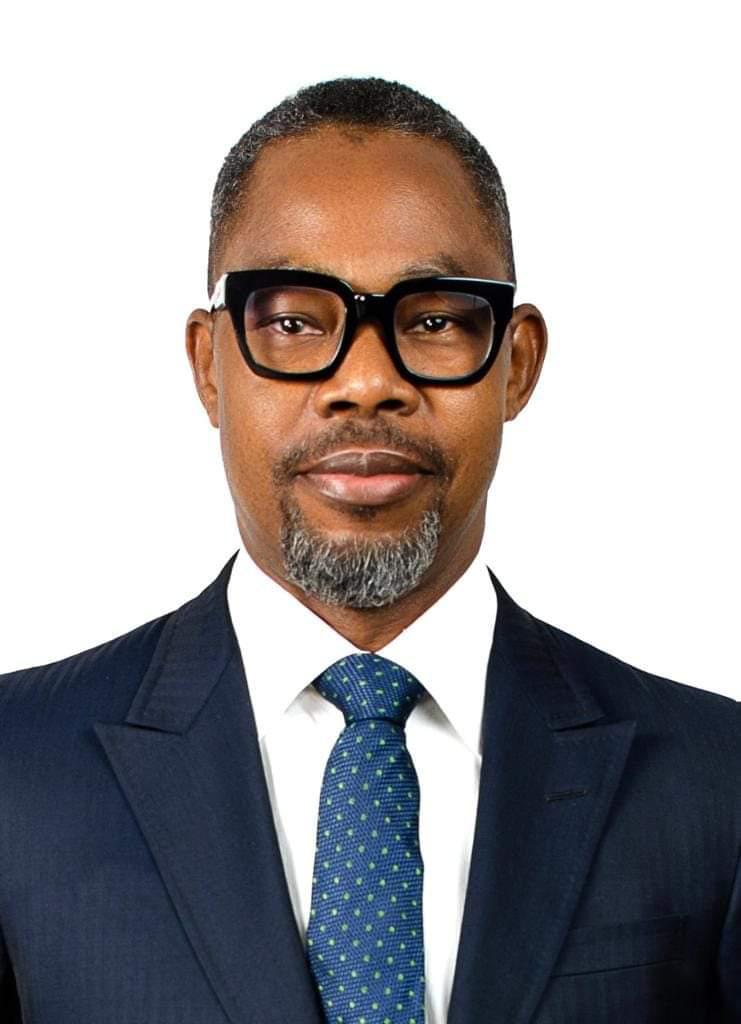
Adeogun: We must understand that the Department of State Service (DSS) has specific roles – terrorism, insurgency, espionage, sabotage, and subversion. That is what is demanded of them in the Act. If there is a riot in Abuja, it is not their responsibility. If they get involved, they would be regarded as a busybody — so they have specific functions. The equipment they have are tailored toward their functions. They are involved in issues like counter-terrorism, and counter-insurgency, and they must work in synergy with other agencies. That means if they are working with the army, they should be equipped to operate side by side with the military. That was why you saw that they have the capability to be able to operate side by side with any other security agency in Nigeria.
They are doing the best they can given the circumstance. There were things we (lawmakers) saw that you didn’t see. You have seen them in terms of technical capability and all that. They have a lot too in terms of communications, and information technology. They are growing their capabilities. What we (lawmakers) decided was that we are going to support them more because intelligence nowadays is IT-based and they are growing in that regard.
TheCable: Nigeria dropped two places in the recent global terrorism index (GTI). Do you think this government is doing things right to improve on it?
Adeogun: When it comes to the issues of the index, one of the things I realise is – these things are drawn by people outside this territory. Some of them compile their data based on unverified information. Just like the alarm raised by some embassies recently; Nigerians thought that Abuja was going to be in flames in days given that it came from these nations and they knew something. What does it look like? It is now turning out that they had nothing. That is the same way that you have issues in terms of drawing an index on terrorism and other things. Sometimes, their analyses are based on hearsay, newspapers, and unverified information. We can’t judge our situation based on that.
TheCable: So, you don’t believe in the index?
Adeogun: I believe in reality. I know that there is a lot of improvement on the ground. Even you know that in terms of banditry — the bandits have been beaten down and degraded. There has been a measure of improvement.
TheCable: There has been this issue of lack of synergy among security agencies. How can it be addressed?
Adeogun: Communication and training. You mentioned what you saw at the facility of the DSS and you were shocked that they have that level of capability. Why do they have it? If you are to have two footballers play side by side, they need to have equal skill. What we need to do as a nation is to upscale the ones that are deficient in certain areas so that at the end of the day, when they are paired together, it is easier. Synergy is easy to build when people operate on the same frequency. Where they have issues is when they don’t operate on the same frequency and that is why we need to upscale everybody (security agencies).
TheCable: Last year, the house of representatives held a security summit and the recommendations were transmitted to the president. What is your assessment of the level of implementation?
Adeogun: I think the report contains several areas of recommendation in terms of welfare for the security agencies, addresses some social issues within the society, and of course how to improve the capabilities of the armed forces. I believe that steps have been taken as regards some of the things being done by our government in terms of humanitarian issues which are aimed at addressing some of the recommendations put forward in that report.
I think a lot has been done, a lot still has to be done, and I think the implementation is still on.
TheCable: What are your major achievements as a legislator so far?
Adeogun: If you want to understand the achievement of a legislator, it is about giving his people a voice. This is about articulating the views and desires of the constituents. Before I got elected, I identified the major issues of my constituency. For a long time, not many people knew that the constituency existed. Not because they were not represented, but because they didn’t have a voice at the national level. So, I have been able to give my constituency a voice. The core issues were human resources, youth unemployment, and skill deficiency leading to the upsurge of what is called area boys.
Within the past three and a half years, I am sure that I have helped close to over a hundred people get employed in the military, security forces and other areas where one has a measure of influence. We have also done a lot in helping people get skills, and training them, especially in the areas of poverty alleviation. We have also provided loans and counterpart funding for small businesses. I can say unequivocally that we have reached over a thousand people to help them grow above the poverty line.
So we have done a lot in that regard based on the promise I made when I was seeking to be elected. We have also helped in the areas of infrastructure. Every community in my constituency has been touched in areas of infrastructure – building of new schools, renovation of schools, provision of school desks, and books as well as scholarships for over a thousand people. To a large extent, I think I have done well and I am proud of my service to my people.
I have also been involved in bills on counter-terrorism and fire service to increase the responsibility of the fire service. I also sponsored the bill on firearms to ensure that Nigerians who are qualified have access to firearms to defend themselves. I have been trying to address the issues of widows – that is practices that undermine the widows. There are quite a lot of bills that I have sponsored – some are in the second and third reading stage. The one that has to do with counter-terrorism has been passed to the president for assent.
TheCable: Looking back, is there anything you wish you could have done differently as a lawmaker?
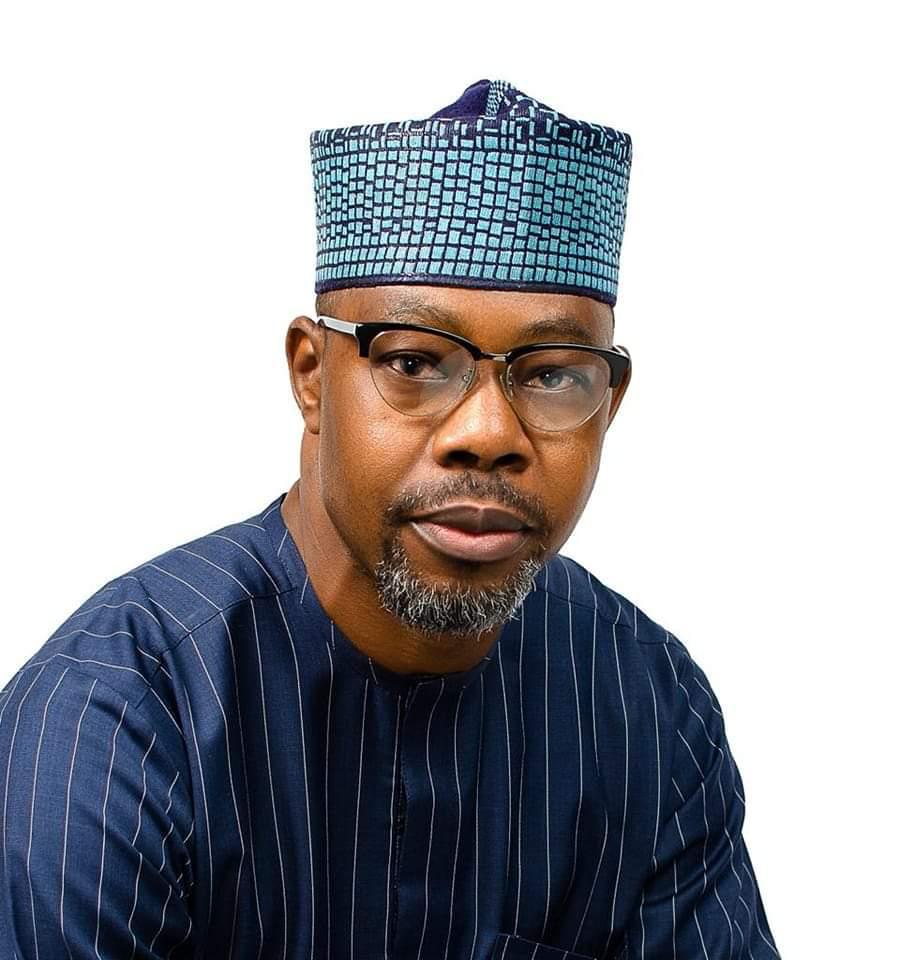
Adeogun: No. Looking back, and looking forward, I wish that Nigerians understand the role of the legislator. There is this misunderstanding – a lot of people just assume that legislators are like members of the executive, but Nigerians need to understand that legislators are the defenders of the people. The whole practice of democracy is about checks and balances. The executive has the funds of the people and spends the money on behalf of the people. And then we have the people whose job is to ensure that the funds are properly utilised to protect the interest of Nigerians and ordinary citizens when it comes to the allocation of resources – that is the job of a legislator.
But Nigerians, maybe through blackmail over the years, have come to assume that the legislators are the ones appropriating their funds. We are involved in appropriation, but not involved in dispensing what is appropriated. Nigerians need to understand that the major role of a legislator is to protect the ordinary people and the resources of the country. I wish we can do a lot more to get our people to understand this.
TheCable: There has been internal wrangling in your party, especially in your constituency, in which you have been affected. What are you doing to get justice?
Adeogun: Yes. Conflict is part of politics. Nigeria’s practice of democracy is relatively young and a lot of people still have this hangover where you have the executive being everything and certain persons can just sit and take a decision and everybody is bound by it. They are not aware that in a democracy it is about the majority. The minority may have their say, but the majority will have their way. What does happen in some politics, especially in Nigeria, is that you have a small minority, because they have access to power, who believe that they are bigger than everybody. That is the kind of injustice we suffer in my area and it is what we are fighting. I can assure you that we believe so much in the capability of the judiciary. We have sought redress in court and by the grace of God, we will get justice.
Add a comment
